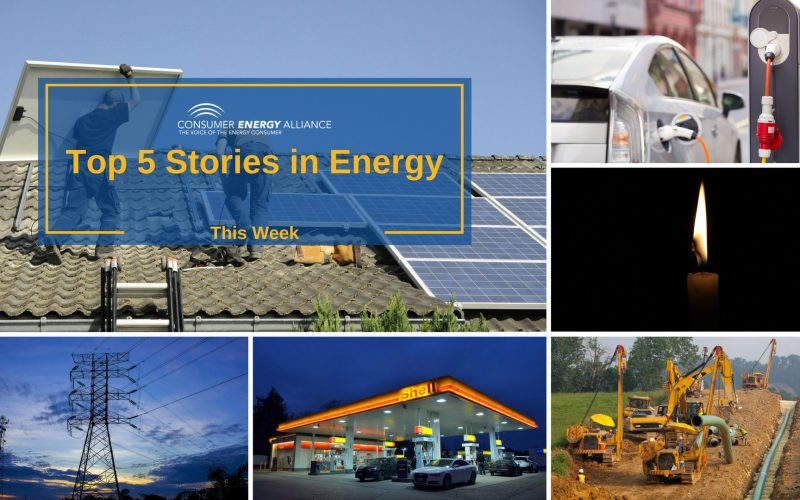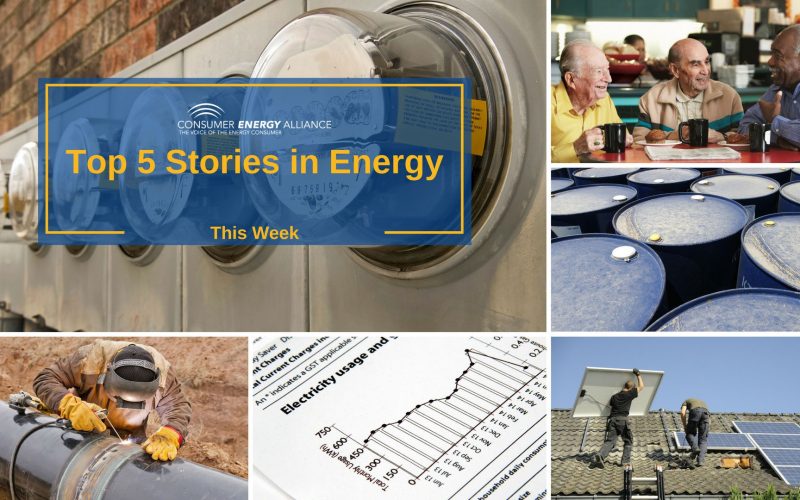THE VOICE FOR THE ENERGY CONSUMER

CEA Florida’s Executive Director, Kevin Doyle, discusses how Floridians are negatively impacted by proposals that will unnecessarily cause energy prices to increase. Advocating for an energy plan that increases domestic.

Kevin Doyle, CEA Florida’s Executive Director talks about the importance of offshore energy to the growth of Florida’s economy and energy consumers across the state. It would also increase economic.

Kevin Doyle, CEA Florida Executive Director, talks about the need for an energy plan that works for all Floridians – one that protects our environment while allowing for affordable, reliable.

CEA’s Victoria Gonzales looks at the way millennials view energy and how it can contribute to creating a more sustainable environment. As a young professional and only a few years.

Families, farmers, and businesses across the country depend on our network of pipelines to deliver everything from oil and gasoline to natural gas and other products we rely on everyday.

Top 5 News Stories in Energy This Week New Iron Molecule Could Help Bring Down Cost of Solar Researchers out of Lund University in Sweden have created a new iron.

As we continue to develop our energy resources in the most environmentally-sustainable way possible, it is hard to deny the importance of pipelines as the safest way by far to.

Columbus, OH – Consumer Energy Alliance (CEA), the leading national consumer advocate on energy issues, today released a statement following U.S. Senator Rob Portman’s (R-OH) announcement this week on the.

Harrisburg, PA – As thousands flock to the 103rd Annual PA Farm Show to learn and experience more about the Commonwealth’s agriculture community, the agricultural community is also celebrating the.

Top 5 News Stories in Energy This Week Records Set for U.S. Crude Oil Production and Natural Gas Output U.S. October crude oil production and natural gas output set record.